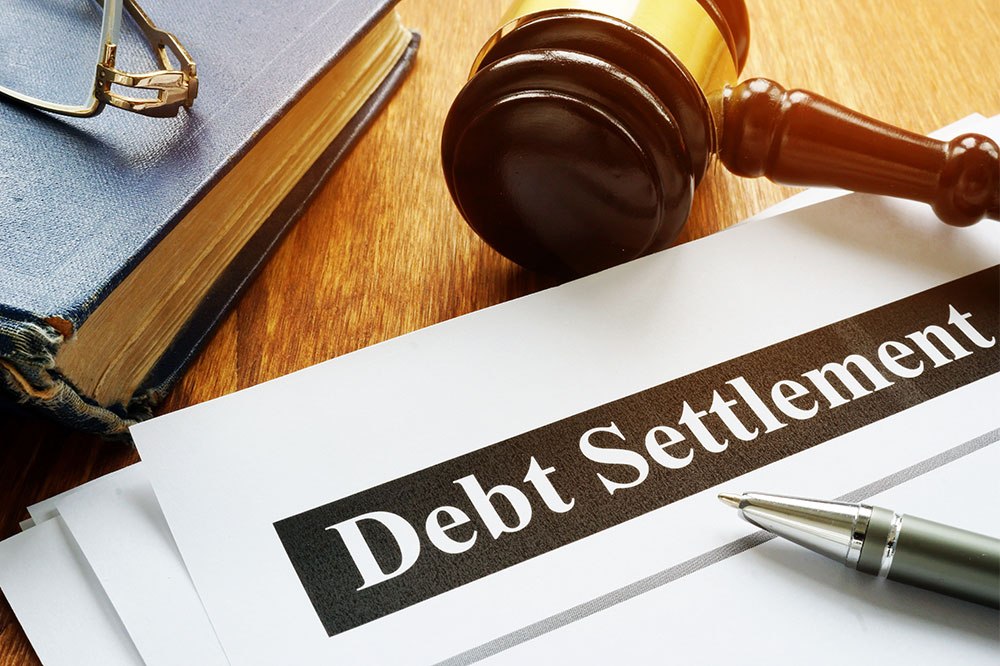
5 benefits of opting for debt settlement
Debt settlement can be a financial lifesaver for many. Managing debt is quite a difficult task. With every advancing payment due date, one may feel their finances getting tighter and tighter. Between paying for a house mortgage, student loans, credit card debt, personal loans, and many other debts, it is quite common to miss out on paying one payment. Although it may not seem like a big problem initially, this is not good for financial health in the long term. This is where debt settlement comes in. There are multiple benefits to availing debt settlement offered by some of the top 10 debt settlement companies.
No more bills
With debt settlement, no more bills will be incoming in the mailbox. Debt settlement results in the closure of a debt account by the creditor. In such cases, one will not be able to use their credit cards again. However, this can be beneficial since it will prevent further debt in the future. With debt settlement, there is a permanent erasure of debt.
No more collection calls
With mounting debt, the calls of creditors are always incessant. If one if falling behind on too many bills, they are bound to be subjected to creditor calls throughout the day. This can add to the stress of not being able to clear away all the dues. Plus, many collection departments are not known to be kind on calls. When a debt settlement is opted for, it will stop the incessant calls from the various collection departments.
No bankruptcy risk
Rather than filing for bankruptcy, debt settlement is a better option. With the bankruptcy filing, credit score can deteriorate quite significantly. In some cases, the credit score has slid down by nearly 200 points, taking a good credit score to bad credit score. The credit score lowers with debt settlement too. However, it is not as drastic as with bankruptcy. Furthermore, bankruptcy follows one for life since a bankruptcy entry has to be imprinted on the credit report for at least 10 years. Additionally, one must mention whether they have ever filed for bankruptcy when applying for personal loans, job applications, or credit cards. Thus, debt settlement can save one from the consequences of bankruptcy.
Better credit score
In reality, debt settlement may not seem to have much effect on the credit score. However, when compared to missed payments or ever-increasing debt, settling debt can be quite a savior for credit score. Late fees and penalty interest can cause quite a dent in the credit history. A debt settlement will prevent further deterioration of credit score. Additionally, debt settlement will be proof of attempting to debt repayment. Over time, the credit scores will start to improve steadily as one begins to rebuild credit after all the settlements.
Quicker repayment of debt
To avail of these advantages, one may approach some of the top 10 debt settlement companies, including National Debt Relief, Freedom Debt Relief, Accredited Debt Relief, and Guardian Debt Relief.


